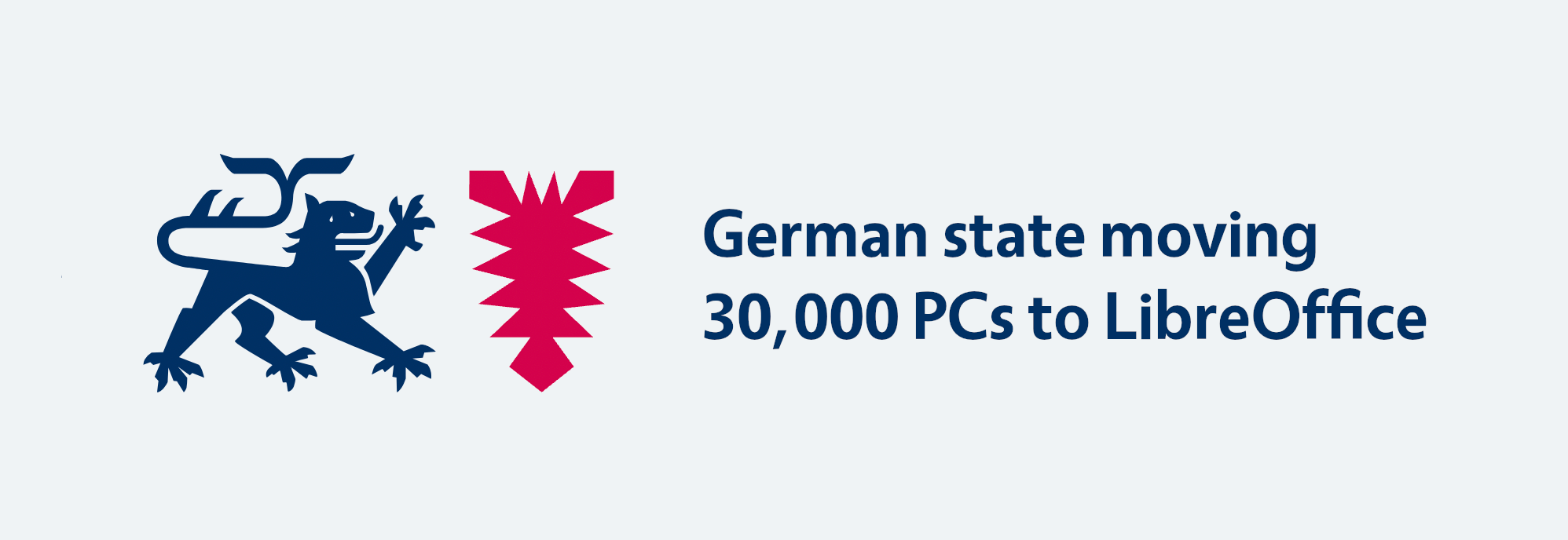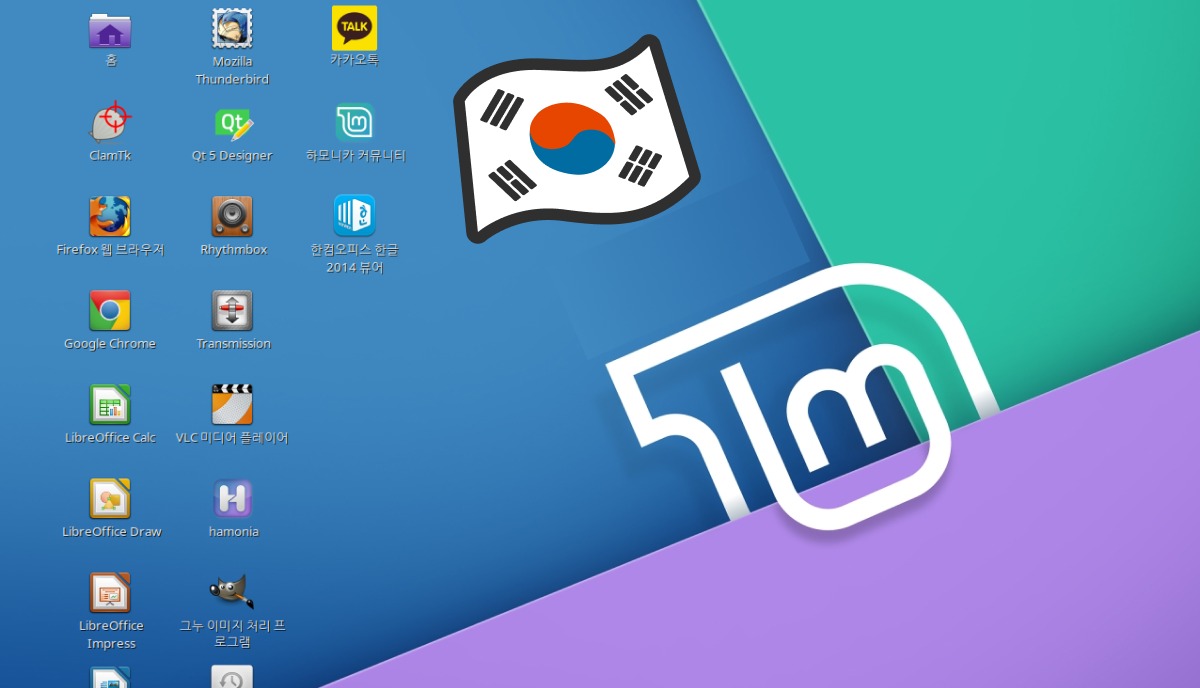After a successful pilot, the northern German state of Schleswig-Holstein decided to migrate 30,000 PCs used by government agencies from Microsoft Windows and Microsoft Office to Linux and LibreOffice .
However, the government made this decision not because of the technical advantages of Linux and LibreOffice, but because of its emphasis on "digital sovereignty."

The state premier said the state has become the first state in Germany to introduce digitally sovereign IT workplaces . Digital sovereignty means that public administration departments have more control over IT solutions composed of open source software compared to closed proprietary software. Government departments would have more options and could fund local programmers to improve open source software that could be modified as needed for deployment in their own infrastructure.
Dirk Schrödte, Head of Digitalization at Schleswig-Holstein, points out: “State governments are increasingly relying on cloud services, and these services rely on proprietary software, so it is impossible to confirm whether data flows to other countries. In addition, the use of open source software makes it possible to purchase licenses Certified funds are transferred to “services from the domestic digital economy” thereby creating local jobs.”
When it comes to government agencies migrating from Windows to Linux, Munich, Germany, is the "grandfather." Munich has tried switching from Microsoft software to Linux, and then from Linux to Win 10. The economic cost in the process is huge and it takes a long time.
- In 2003, the Munich City Council voted to launch the LiMux project (the "Munich Distribution" based on Ubuntu) to migrate all government software systems and civil servants' personal computers from Windows to an open source software platform.
- By 2013, 80% of desktops in the city government were running LiMux software.
- In 2017, after 15 years of trying Linux and open source software, it finally couldn't hold on any longer, and Munich officially decided to return to Windows.
Of course, there are many other examples of governments/organizations around the world turning to Linux to support open source technologies, such as the South Korean government’s plan to adopt Open OS based on Linux to replace Windows 7 :

View details: